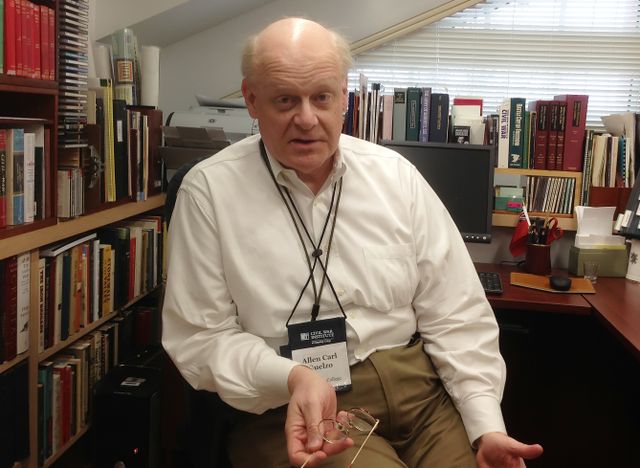---------- Forwarded message ----------
From: "Socialist Equality Party" <sep@socialistequality.com>
Date: Apr 6, 2013 8:15 AM
Subject: SEP Newsletter: Obama's "playbook" and the threat of nuclear war in Asia
To: "rferrisx@gmail.com" <rferrisx@gmail.com>
Cc:
---------------------------------------------------------------------------
From: "Socialist Equality Party" <sep@socialistequality.com>
Date: Apr 6, 2013 8:15 AM
Subject: SEP Newsletter: Obama's "playbook" and the threat of nuclear war in Asia
To: "rferrisx@gmail.com" <rferrisx@gmail.com>
Cc:
| ||||

